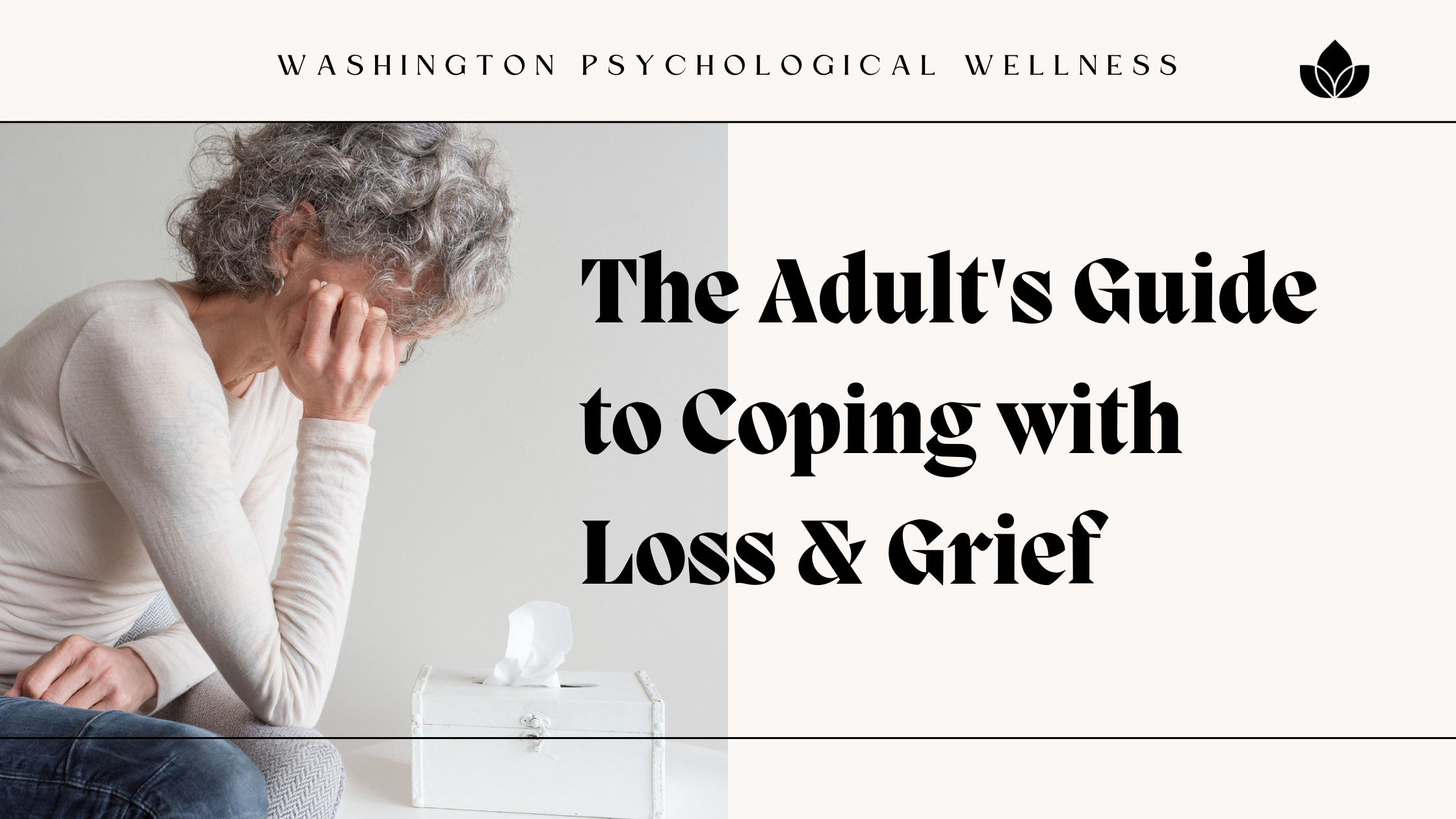
The Adult’s Guide to Coping with Loss & Grief
Grief is a journey that many of us will travel at some point in our lives. As adults, the loss of a loved one, a relationship, or even a cherished dream can bring us to a place of deep sorrow and confusion. In this article, we’ll explore how to navigate grief and loss as an adult, offering a compassionate guide to those walking this challenging path.
Understanding Grief in Adulthood
Grief is a natural response to loss, and it’s essential to understand that it’s not just about the death of a loved one. It can also be about losing a relationship, a job, or anything significant in your life. As adults, we often feel the need to be strong and composed, but it’s crucial to acknowledge and express our grief.
The Stages of Grief
While everyone’s experience of grief is unique, many people go through similar stages:
- Denial: This can’t be happening.
- Anger: Why is this happening? Who is to blame?
- Bargaining: Make this not happen, and in return, I will ____.
- Depression: I’m too sad to do anything.
- Acceptance: I’m at peace with what happened.
Remember, these stages are not linear and may not happen in this order. It’s normal to move back and forth between them.
Coping Strategies for Grieving Adults
1. Allow Yourself to Feel
It’s okay to feel sad, angry, or even relieved. Allow yourself to experience these emotions without judgment. Suppressing your feelings can prolong the grieving process.
2. Seek Support
Talking to friends, family, or a mental health professional can provide comfort and guidance. Joining a support group can also be beneficial, as it connects you with others going through similar experiences.
3. Establish a Routine
Maintaining a regular schedule can provide a sense of normalcy. Try to eat healthily, exercise, and get enough sleep.
4. Remember and Celebrate
Find ways to honor the memory of what you’ve lost. This could be through storytelling, creating a memory book, or participating in a ritual that is meaningful to you.
5. Be Patient with Yourself
Grief doesn’t have a timeline. It’s a process that takes different amounts of time for everyone. Be patient and kind to yourself as you navigate through it.
When to Seek Professional Help
If you find that your grief is overwhelming and interfering with your daily life, it may be time to seek professional help. Symptoms to watch for include:
- Persistent feelings of deep sadness or depression
- Difficulty performing daily tasks
- Withdrawing from social activities
- Excessive guilt or self-blame
- Substance abuse or other unhealthy coping mechanisms
- Thoughts of self-harm or harm to others
A mental health professional can provide a safe space to explore these feelings and offer strategies to cope with them.
Finding Meaning After Loss
One of the most profound aspects of navigating grief and loss as an adult is the search for meaning. Many find that their experience with grief leads to personal growth and a deeper understanding of life. It’s not about “getting over” the loss but learning how to integrate it into your life in a way that honors your experience and the memory of what you’ve lost.
Embracing Life Again
It’s important to remember that moving forward doesn’t mean forgetting. It’s about finding ways to carry your memories and experiences into the future with you. Gradually, you will find yourself able to experience joy and hope alongside your grief.
Conclusion: The Adult’s Guide to Coping with Loss & Grief
Navigating grief and loss as an adult is a deeply personal and unique journey. It’s a path marked by sadness but also by love, resilience, and growth. Remember, it’s okay to seek help, and it’s okay to grieve in your own way and in your own time. You are not alone in this journey.
If you or someone you know is struggling with grief, please reach out for support. Together, we can navigate this path with compassion and understanding.
